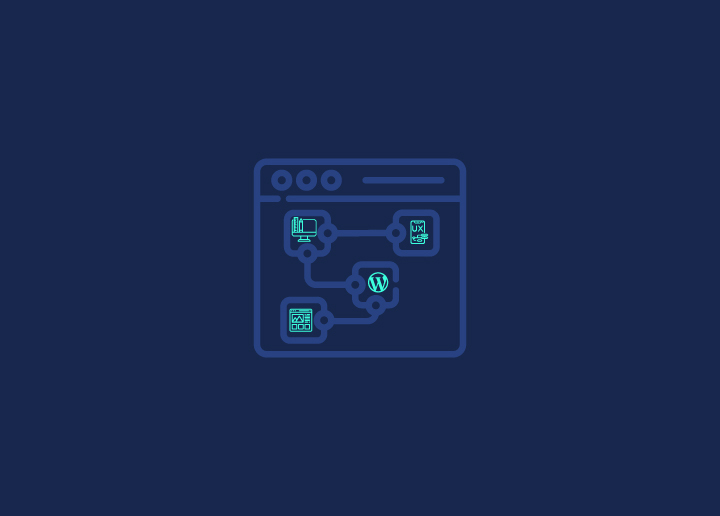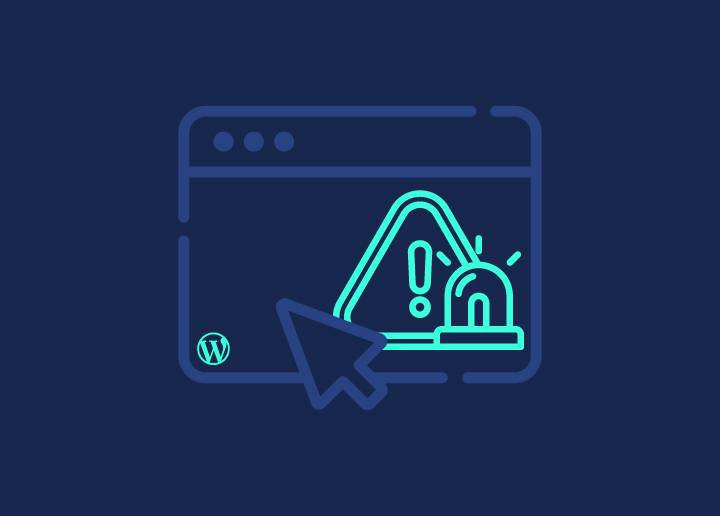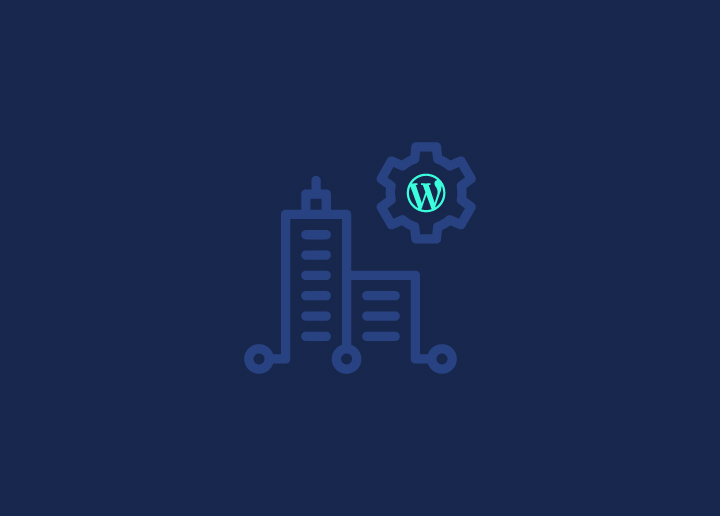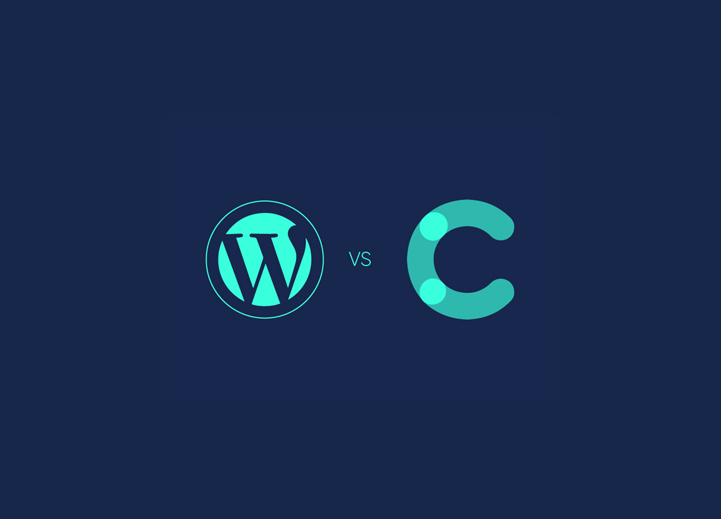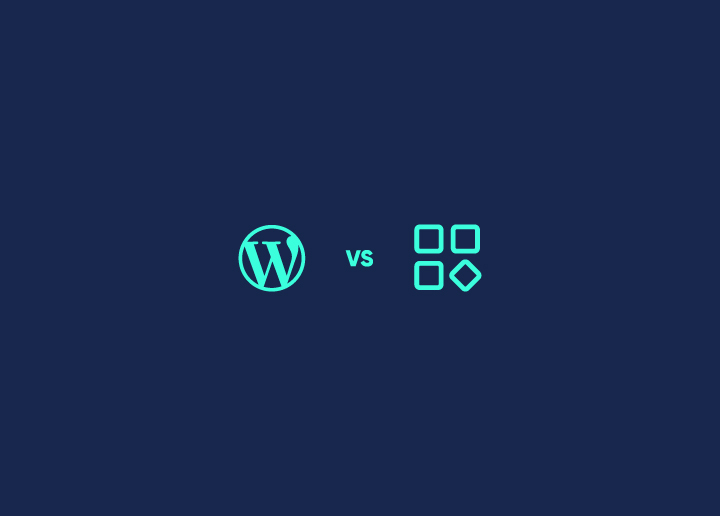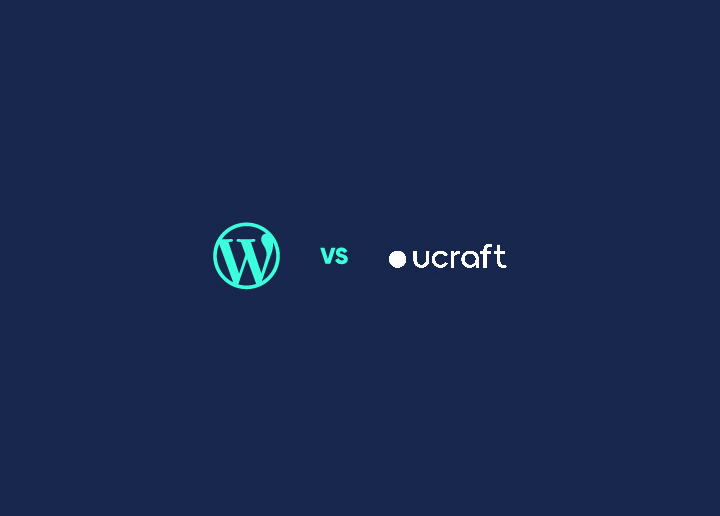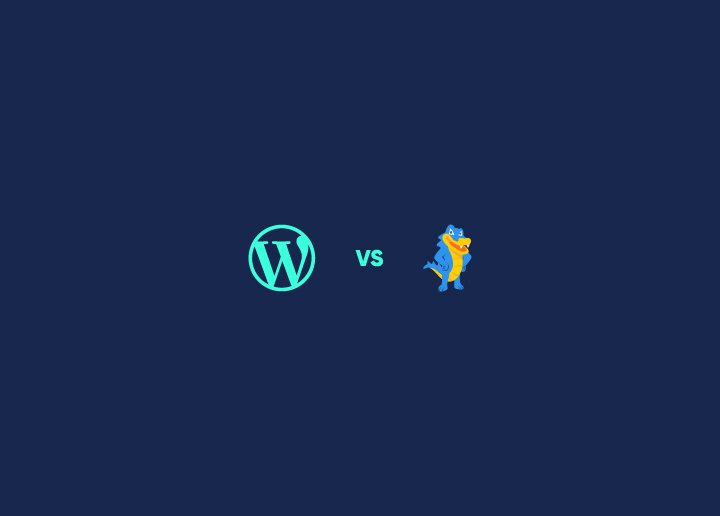Selecting the right content management system (CMS) is essential for businesses striving to build a website that offers an outstanding customer experience. In this WordPress vs. Contentful comparison, we will explore the features and benefits of these two CMS platforms to help you make an informed choice.
WordPress: The Ubiquitous CMS
WordPress is the world’s most popular CMS, powering approximately 43% of all websites. Its widespread adoption is due to its flexibility, ease of use, and extensive ecosystem of plugins and themes. Despite its dominance, new CMS platforms have emerged, challenging WordPress with specialized features.
Contentful: The Modern Challenger
Contentful is one of these challengers, providing a content infrastructure that goes beyond traditional CMS capabilities. It is designed to offer more flexibility and control over content delivery, making it an attractive option for businesses looking for a modern solution.
In this comparison blog post, we’ll explore what both WordPress and Contentful bring to the table, helping you decide which CMS is best suited for your business needs.
Contents
ToggleWhat is Content Management Systems (CMS)?
Content Management Systems (CMS) are software platforms that enable users to create, manage, and modify digital content without requiring advanced technical skills. CMS typically offers intuitive interfaces for content creation and editing.
They also offer features for organizing, publishing, and maintaining content. Furthermore, they streamline website and application development by providing templates, plugins, and themes, facilitating efficient content delivery across various digital platforms.
What is WordPress?
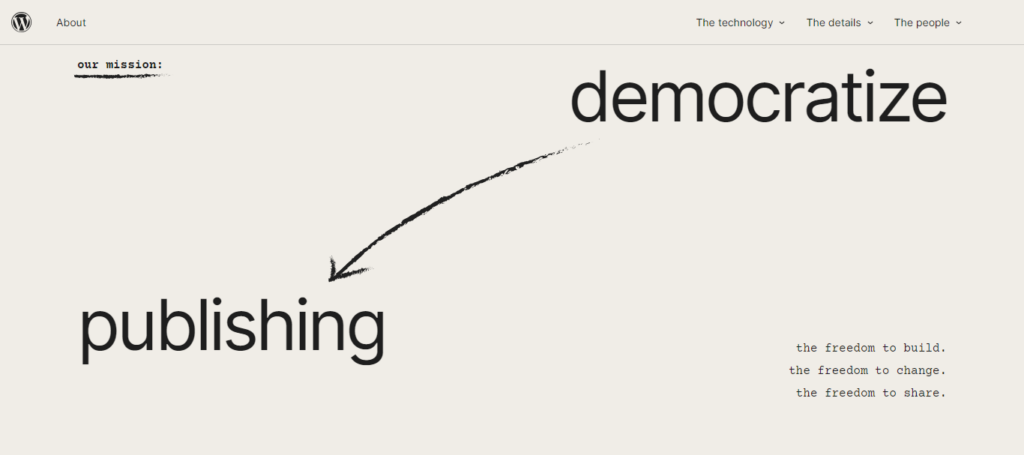
WordPress is the leading CMS platform renowned for its website design and content management capabilities. It empowers users to easily create and manage websites without the need for extensive programming knowledge in PHP, CSS, or HTML.
Being open-source, it also allows WordPress developers to craft bespoke websites, enabling extensive customization options. Furthermore, users can leverage pre-built plugins, themes, and modern page builders such as Elementor to design and personalize websites.
Want to Build a Stunning WordPress Website?
Let Seahawk’s experienced team of WordPress designers and developers guide you. Get in touch today to get started!
What is Contentful?
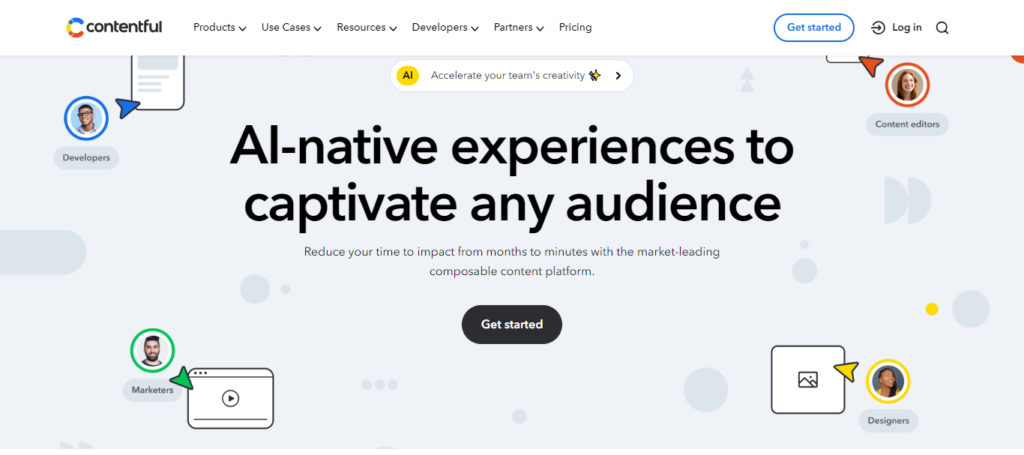
Contentful is a versatile platform and a headless CMS that provides a robust content infrastructure, enabling companies to accelerate the delivery of digital products at scale. Contentful centralizes content within a single hub via APIs across various digital platforms.
It also offers AI-based web-based editing capabilities. Moreover, the platform prioritizes seamless integration, offering an extensible framework that seamlessly integrates with existing tech stacks.
WordPress vs Contentful: A Quick Comparison
| Basis of Comparison | WordPress | Contentful |
| Popularity & Brand Longevity | High | Low |
| Ease of Use | Easy | Difficult |
| Scalable | Yes | Yes |
| Features | Advanced with Plugins | Advanced |
| Pricing | Cost-effective | Expensive |
| Customer Support | Community Support | Email Support |
WordPress vs Contentful: Key Features Comparison
WordPress and Contentful are formidable contenders, each with distinct strengths and offerings. This comparison aims to delve into their key features, performance, usability, and suitability, which will help users select the optimal CMS solution for their needs.
Popularity and Brand Longevity
WordPress enjoys unparalleled popularity and brand longevity, being the world’s most widely used CMS, powering around 43% of websites globally. Its robust community support, extensive plugin ecosystem, and user-friendly interface have contributed to its enduring appeal since its inception in 2003.
On the other hand, Contentful, founded in 2013, is gaining traction, particularly among enterprises and developers seeking headless CMS solutions.
WordPress vs Contentful: Ease of Use
WordPress excels in user-friendliness, boasting a quick setup process and installation in under 5 minutes. It requires minimal technical knowledge, enabling content creators to easily publish content and design websites using intuitive features.
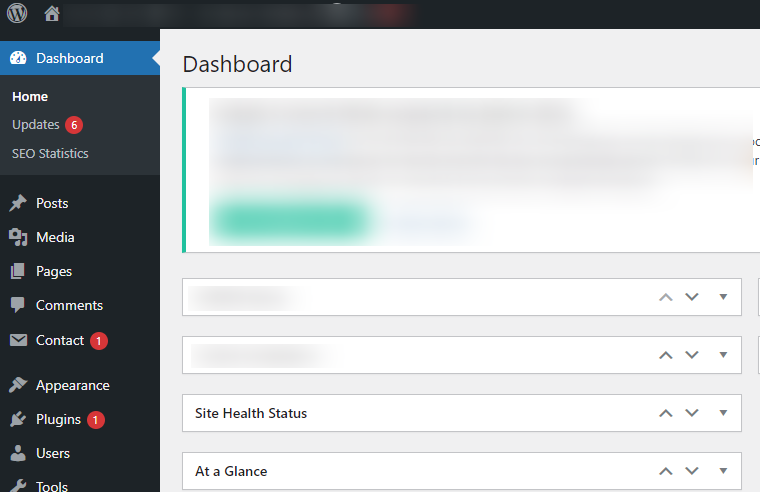
Conversely, Contentful presents challenges in navigating API regulations and final rendering, often necessitating assistance from a web development team. Additionally, customer support is reportedly limited to Team & Enterprise users, potentially impacting user experience compared to WordPress’s widespread support availability.
WordPress or Contentful: Scalability
Both WordPress and Contentful offer differing scalability approaches. WordPress, while versatile, may encounter scalability challenges due to its monolithic architecture, which could lead to performance issues with extensive customization or high traffic.
Contentful excels in scalability, separating content management from presentation, thus enabling seamless scaling without compromising performance. Its API-first approach also allows for easy integration with various platforms, facilitating the management of large volumes of content across multiple channels.
Features of Contentful and WordPress
Indeed, WordPress beats Contenful from a features perspective. Check below to make your decision easier.
WordPress and Contentful: Pricing and Plans
WordPress is open-source, encompassing costs such as hosting, domain registration, premium themes/plugins, and potential development expenses. Custom WordPress web design services at Seahawk, for instance, start at $999.
Conversely, Contentful offers subscription plans starting at $300/per month, catering to teams constructing websites, applications, and multichannel experiences. They also have a custom plan for enterprise businesses.
Availability of Customer Service
WordPress, being free and open-source, primarily relies on its extensive online community and resources for customer support. While it lacks specialized customer service, users can find solutions to queries through numerous online resources, including posts, blogs, and articles.
Conversely, Contentful provides customer support with Teams & Enterprise plans with the option to contact Contentful team members via email.
Website Security Features

WordPress offers a wide range of security plugins that can help keep your website safe from malicious activity. These plugins provide various features such as firewall protection, malware scanning, and login security. To ensure maximum security, it’s also essential to keep your WordPress installation, themes, and plugins regularly updated.
Contentful relies on developers to customize APIs for the final user interface (UI). For example, developers using Gatsby can benefit from serverless rendering, which enhances security. These APIs often support static site generators, which inherently offer better security and are less susceptible to malicious attacks due to their static nature.
WordPress vs Contentful: SEO Features
WordPress and Contentful offer distinct approaches to content management, particularly in terms of SEO features.
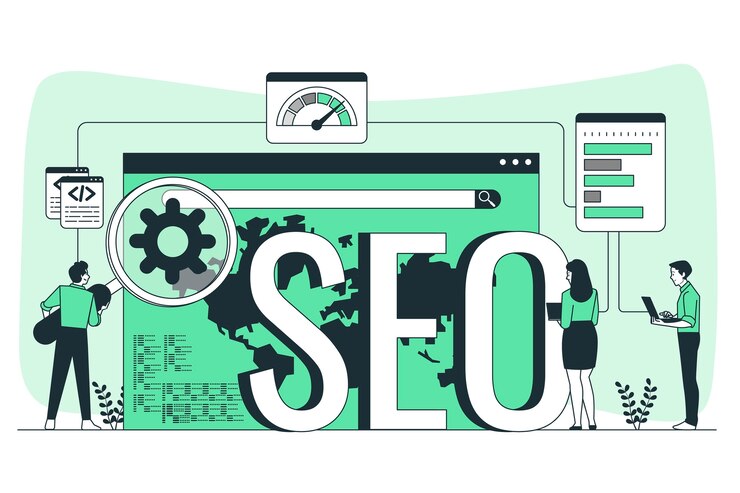
WordPress provides extensive SEO plugins like All in One SEO, allowing users to optimize meta tags, sitemaps, and content readability. It also offers many SEO-friendly themes and customization options, making it highly adaptable for search engine optimization.
Contentful, on the other hand, provides flexibility for developers to structure content for SEO needs. While it lacks built-in SEO plugins, Contentful’s API-first approach allows seamless integration with third-party SEO tools for optimization.
Learn: How to White-Label WordPress Using Plugins, Service Providers & Hosting
WordPress and Contentful: Development Costs
Several factors come into play when comparing web development costs between WordPress and Contentful.

WordPress is open-source and free to use. It offers a wide range of free and premium themes and plugins, which can help reduce development costs significantly. However, customization and website maintenance may incur additional expenses, especially for complex websites.
Related: WordPress Pricing: How Much Does A WordPress Website Cost
As a headless CMS, Contentful may involve higher initial development costs due to its API-first approach and the need for custom development to create frontend interfaces. However, it can offer long-term savings by enabling faster development cycles, particularly for large-scale and omnichannel projects.
WordPress or Contentful: Speed and Performance

When comparing speed and performance between WordPress and Contentful, WordPress can sometimes be slower due to its reliance on plugins and themes, which can add bloat to the website. However, WordPress sites can perform well with proper site optimization techniques such as caching, content delivery networks (CDN), and image optimization.
Contentful offers faster performance as it separates content management from presentation, allowing developers to create lightweight and highly optimized frontend experiences.
To Sum Up: Choose WordPress for Your Business Website
To wrap up, Contentful is a groundbreaking addition to the headless Content Management System (CMS) market. It offers advanced features and flexibility for developers, especially those building modern, static sites. However, WordPress remains the growth leader in the CMS space and is likely to maintain this position for the foreseeable future.
WordPress is the best option for those with little or no programming experience. Its user-friendly interface allows anyone to design websites and manage content efficiently without needing web developers. Whether you’re a novice or an experienced developer, WordPress offers the tools and plugins necessary to create a robust and secure website. Plus, there are several agencies available that can help you with WordPress design and development.
WordPress vs Contentful FAQs
Is Contentful better than WordPress?
It depends on your specific needs. Contentful excels in flexibility, scalability, and performance, making it a preferred choice for large-scale, content-rich projects. However, WordPress offers user-friendly features, plugins, and themes, making it more suitable for smaller business websites or those with more straightforward requirements.
Does Contentful work with WordPress?
Yes, Contentful can work with WordPress through various integrations and plugins. Developers can use Contentful as a headless CMS, managing content separately from presentation, and then integrate it into a WordPress site via APIs or plugins. This setup allows leveraging Contentful’s strengths in content management while still benefiting from WordPress’s features for frontend presentation.
Is Contentful a good CMS?
Yes, Contentful is widely regarded as a good CMS, particularly for projects that require flexibility, scalability, and performance. Its headless architecture enables developers to build custom frontend experiences while managing content efficiently through its user-friendly interface.
Is Contentful good for blogging?
Contentful can be a suitable blogging platform, especially for bloggers who prioritize flexibility and customization. However, Contentful may require more initial setup compared to traditional blogging platforms like WordPress.








